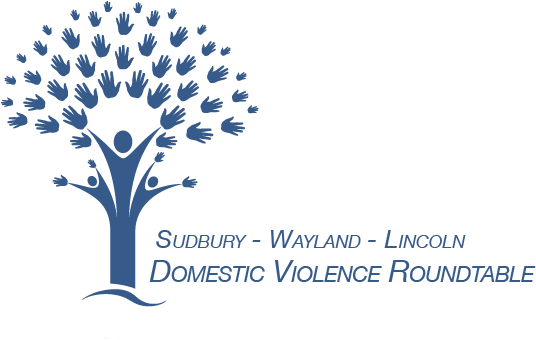Controlling Behavior
Because control – not physical violence – is at the core of an abusive relationship, abuse is not a series of isolated acts accompanied by a lot of yelling. Instead, people who have controlling or abusive partners experience different forms of their partner’s controlling behavior all day, every day.
While the tactics vary widely, individuals who act abusively often constantly find ways to make their partner feel diminished or “less than,” fearful, and hyper-focused on ensuring that the needs of the abusive individual are met (generally at the expense of the needs of everyone else in the family). The trauma that survivors of abuse experience is partly from acute moments of their partner’s abuse, but also from the ongoing and constant anxiety of trying to anticipate and meet their partner’s needs, follow arbitrary and sometimes inconsistent or unspoken rules set by their partner, and otherwise work to head-off a violent and/or extended verbally abusive incident or other form of escalation in abusive behavior.
It's also important to note that not all abusive behavior sounds threatening and can in fact sometimes sound kind or loving. For example, an abusive individual might offer to take care of finances so their partner “doesn’t have to worry about that stuff” and then establish sole control over money and other assets. That person might also suggest to their partner that they quit their job or give up other things they care about in order to increase the amount of time they have together. While this might sound like it’s about enhancing family life, the abusive individual is actually more focused on disrupting their partner’s social connections and supports, as well as their ability to establish any financial independence.
There are many different ways that a controlling or abusive person can cause harm by using various tactics to gain increasing amounts of control in a relationship. These forms of abuse might be…
- Physical and include anything that puts a person’s or their children’s health or safety at risk
- Emotional or verbal and include behaviors intended to frighten, shame, isolate, blame, intimidate, ignore, mock, insult or otherwise diminish a person
- Financial and include anything that interferes with a person’s ability to equally and fairly participate in financial decisions (including accessing money or assets); make their own choices freely about work/school/job training programs; pay for necessities if money is available; control their own credit score; or trust that money, assets and items of value will not disappear from the home or the bank
- Sexual and include forcing, coercing, or pressuring a person to engage in any unwanted sexual activity; name-calling of a sexual nature (like “whore”, “slut”, or “bitch”); making insulting comments about a person’s body; controlling or sabotaging reproductive decisions; sharing private photos or videos
- Identity/Spiritual-Related and include using anything that is part of person’s identity against them (such as interfering with spiritual practices and beliefs, threatening to reveal someone’s sexual orientation or gender identity, or mocking a person’s accent, education level or country of origin)
- Technology-Related and include anything that uses technology to stalk, monitor and/or harass a person
